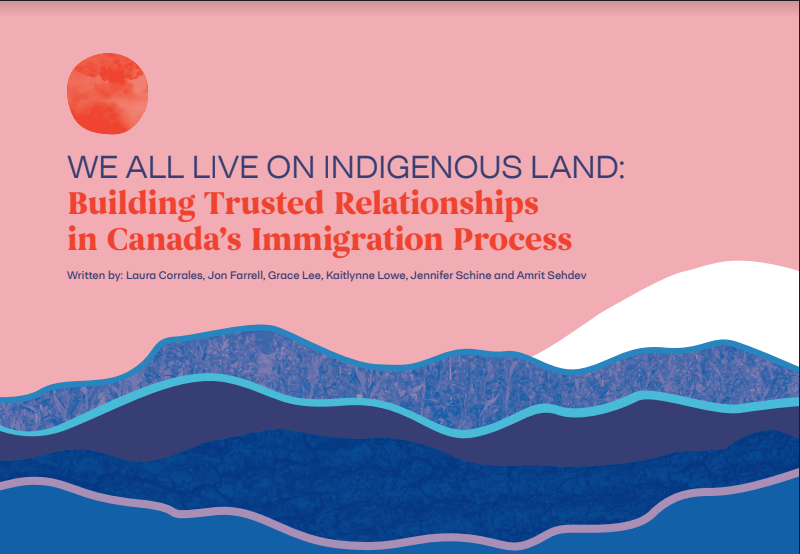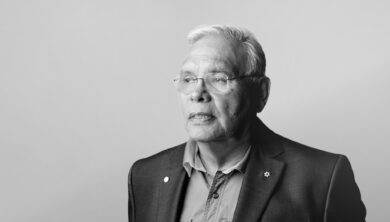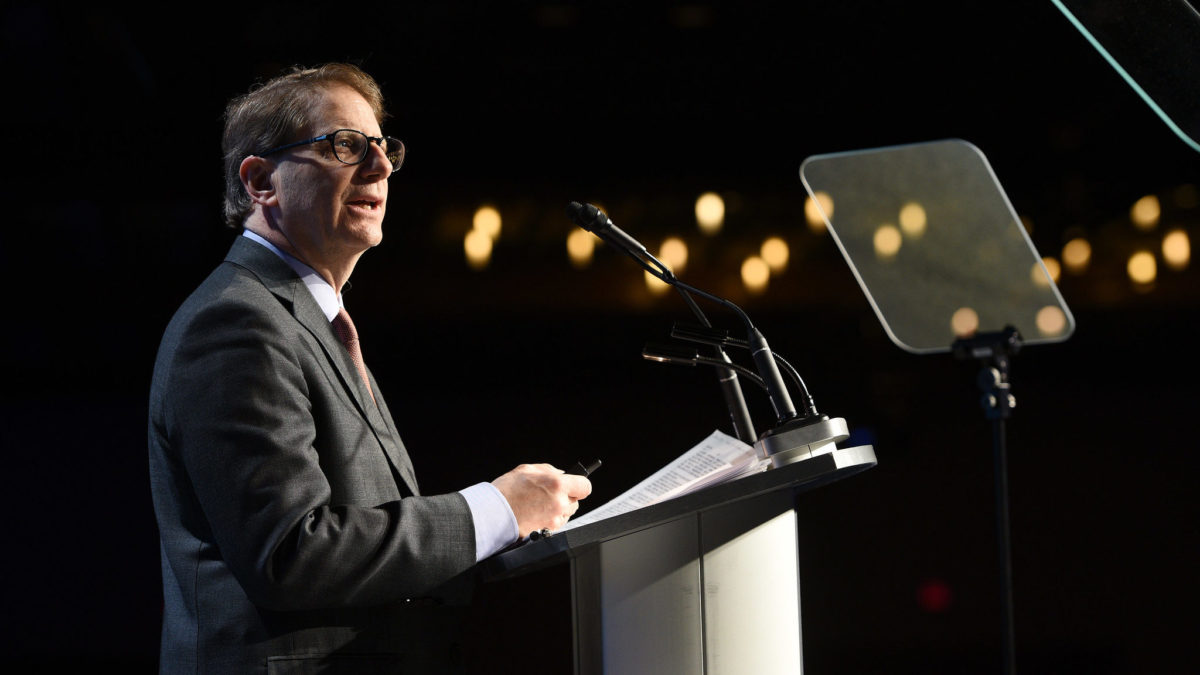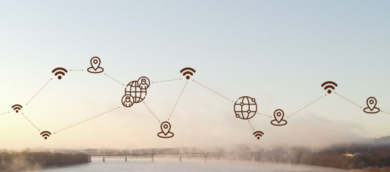
We All Live on Indigenous Land: Building Trusted Relationships in Canada’s Immigration Process
An Action Canada Fellowship reportNearly 22% of Canada’s population was born outside Canada, and Canada plans to welcome another 1.2 million new Canadians by 2023. What do these newest residents learn and know about the original stewards of the land—about Indigenous Peoples, cultures and lived experiences?
New immigrants, as well as all the citizens and residents of these lands, undertake the responsibility to know Canada’s shared truth and history. But newcomers who arrive in Canada have very few opportunities to learn about Indigenous Peoples’ cultures and lived experiences.
To further the work surrounding the education of Indigenous Peoples’ histories, cultures, and lived experiences for newcomers, we undertook new research and engagement on how to support relationship building and truth telling between newcomers and Indigenous Peoples. We identified 25 recommendations to aid in building this knowledge and connections, which fall under five overarching goals.
Goal 1: Centre Indigenous Peoples and histories in agencies through training, technology and inclusion.
Goal 2: Increase Indigenous participation and understanding within immigration policy-making.
Goal 3: Enhance newcomers education on Indigenous Peoples’ histories, cultures and lived experiences.
Goal 4: Increase indigenous awareness in settlement services.
Goal 5: Enhance Indigenous awareness through community engagement and self learning.
These goals and recommendations aim to enhance newcomers’ understanding of Canada’s history, and in doing so, create a national identity that is accountable to truth.








